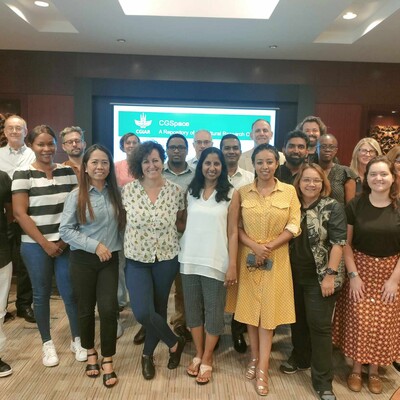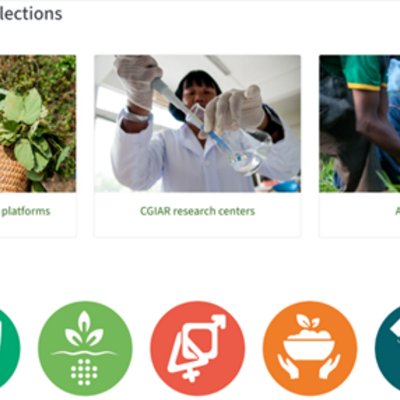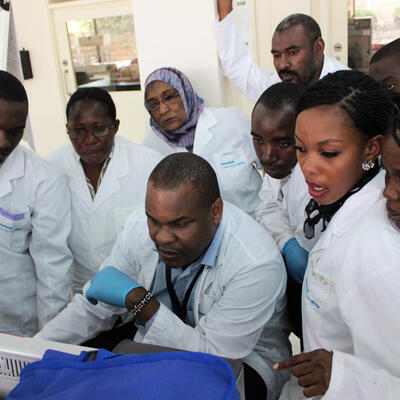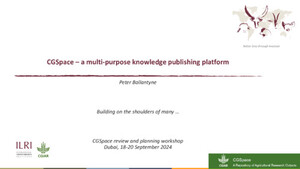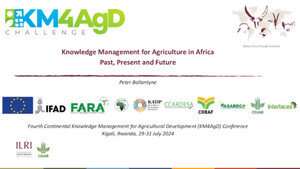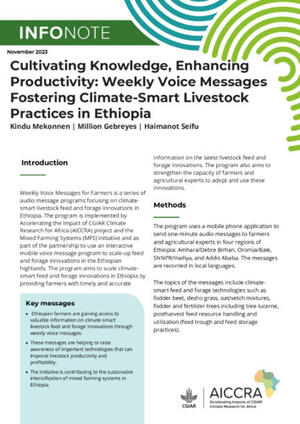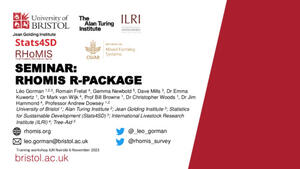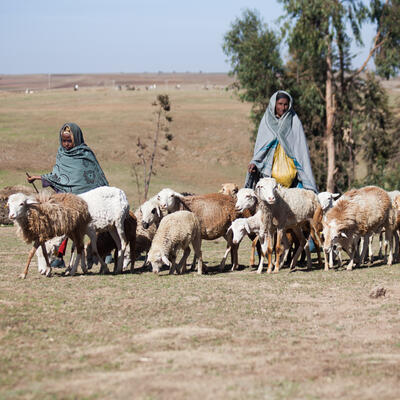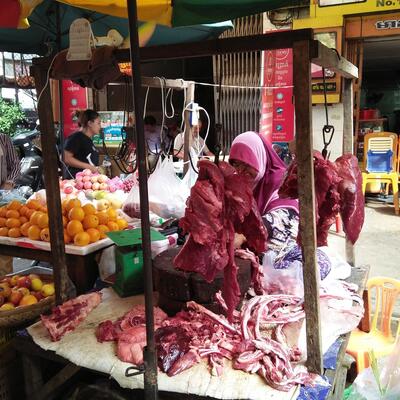
Nile BDC planning and consultation meetings: Where communication becomes central
Between November 2012 and February 2013, the Nile Basin Development Challenge (NBDC) ran two major events to help steer its efforts in this last year of the Challenge. On 15 and 16 November, a largely internal planning workshop gathered 25 participants representing the four NBDC projects. On 20-21 February 2013, about 70 people – project staff, partners and other related parties – gathered at the ILRI Addis campus to attend the fourth meeting of the National Platform on land and water management and to reflect on past achievements, current questions and insights, and future plans for the NBDC.
Communication has been central to the program (2009-2013) through various interventions. After a rather intensive and successful first period in the new phase of the NBDC vis-à-vis its communication, the management of the NBDC have officially requested additional support from the ILRI communication team to assist with the regular organization and documentation of monthly team meetings, in addition to ongoing tasks (publishing, sharing stories, facilitation and documentation of special events).
The communication team supported this planning workshop through co-designing the event, facilitating it and documenting it on a wiki. This type of support is quite typical of the services rendered by the team for other projects as well (see the list of events).
The priorities of communication work in the program had already been reviewed a few months ago. With this planning workshop and National Platform stakeholder consultation, these priorities are likely to be updated, with added emphasis on repackaging existing information for specific audiences (farmers, researchers, planners, policy-makers and the NBDC team) and to engage them in the last phase, progressively preparing the embedding of the program’s legacy in the institutional context of the Ethiopian land and water management sector.
As the NBDC is increasingly becoming one integrated program – rather than several projects, and as the partners and other Ethiopian institutional actors are expected to play an increasing role, the need for more coordination, cooperation and indeed more communication has never been as strong.
Read notes from the February National Platform meeting
Discover pictures from the February National Platform meeting







